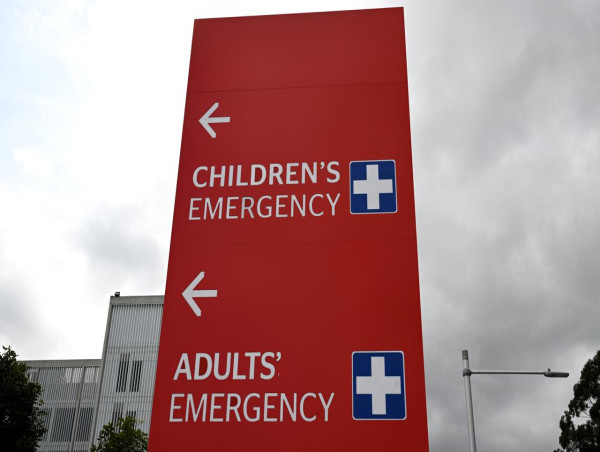As daylight saving ends and clocks are wound back, many Australians working overnight shifts will be expected to work an extra hour for free.
For those paid by the hour and relying on casual employment when the clocks jump back on Sunday, many may find themselves doing an extra hour without pay.
Employees are advised to check their award or enterprise agreement for terms about daylight saving.
"If there is nothing in them about daylight saving, payment is made 'by the clock'," the Fair Work Ombudsman said.
"This means that employees working an overnight shift will work one hour more but aren't paid for that extra hour."
Nurses, doctors, hospitality workers and other night-shift staff across NSW, Victoria, Tasmania and the ACT where daylight savings changes occur are believed to be most affected.
The Australian Salaried Medical Officers' Federation - the Australian trade union representing salaried doctors - said the Medical Officers' Award is silent on the topic of daylight savings.
But the issue has been addressed by industrial relations bodies such as the Fair Work Commission, the Fair Work Ombudsman and the Industrial Relations Commission of NSW.
"When daylight savings ends this weekend and the clock is rolled back, employees will work for an extra hour but are paid according to the clock," a medical officers federation representative told AAP.
The NSW Nurses and Midwives' Association advised this was a longstanding practice in the public health system, determined by a decision of the NSW Industrial Relations Commission in 1971.
Similarly the Fast Food Industry Award 2020 contains no specific reference to daylight savings time.
"It's a very valid concern and under an already stressed health system it's not surprising," Daniel Byrne, a nurse with NSW Health told AAP.
"But honestly ... are we ever paid for the extra work that we do?"
There are about 2.7 million workers employed casually across Australia, according to the latest Australian Bureau of Statistics report.





